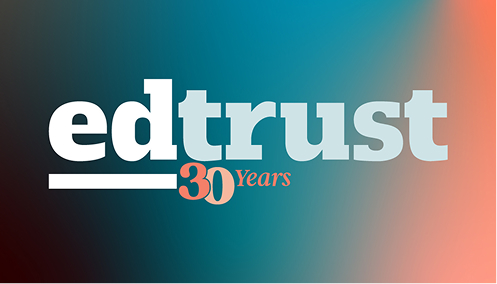
This article was originally published on WPLN by Camellia Burris.
The Trump administration’s “One Big Beautiful Bill” will bring changes for Tennessee students from kindergarten to college. Some education advocates say that it will take resources away from the state’s most vulnerable students.
Trump signed the controversial bill into law on July 4. It imposes a host of changes to federal assistance programs that schools rely on to assist low-income students and those with disabilities.
These changes include imposing stricter eligibility requirements for government assistance programs, like Medicaid – a federal program that helps cover medical costs for low-income people. It’s also a funding source for K-12 schools.
“Many school districts across the state use Medicaid dollars to provide services for students with disabilities,” said Jenny Mills McFerron, assistant director of policy and research at Education Trust Tennessee.
These services include school-based physical, mental and behavioral health services, like routine health screenings, preventive care and physical, speech and occupational therapies.
The new law comes with more frequent eligibility verification and a first-ever national work requirement for the program. (Parents of children 13 and younger are exempt from the requirement.)
NPR has previously reported that state experiments with work requirements often experienced administrative issues, including people losing coverage over paperwork issues despite being eligible for assistance.
SNAP and School Lunches
Another program subject to changes by the “One Big Beautiful Bill” is the Supplemental Nutrition Assistance Program (SNAP). SNAP helps pay for groceries for low-income people. The legislation decreases the number of people who are exempt from SNAP’s work requirements.
McFerron told WPLN News that schools look at participation in SNAP to determine how many of their students are living in poverty and need additional resources.
“Some districts identify students for free and reduce price lunch based on whether they’re participating in SNAP or TennCare,” she said. TennCare is the state’s Medicaid program.
Making access to SNAP benefits less accessible, she said, will mean that many Tennessee students won’t get the help that they need.
“We’re still going to have students who are living in poverty who are now not going to be identified as economically disadvantaged and their schools are not going get additional resources to serve those students,” McFerron added.
Cuts to Medicaid and SNAP won’t just present problems for schools. McFerron also stressed that these programs make up a relatively large portion of Tennessee’s state budget.
She said that these cuts will really start to hit in coming years and the state will have to make some hard decisions about how to balance the budget.
Share This Story

